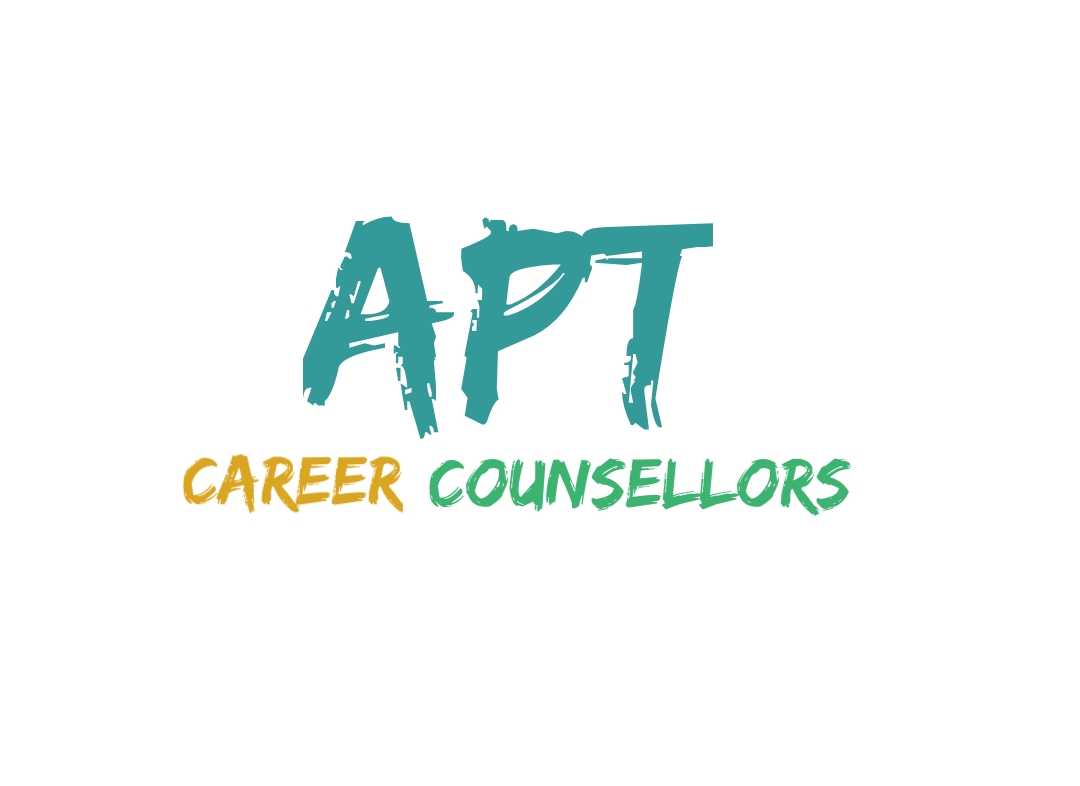Navigating the World of Career Readiness Programs: How Colleges are Equipping Students with Skills for the Future Job Market
As we move deeper into 2025, the job market is evolving at an unprecedented pace, driven by technological advancements and shifting economic landscapes. In this dynamic environment, colleges and universities are stepping up their efforts to prepare students for the workforce through comprehensive career readiness programs. These initiatives are designed to equip students with the skills and competencies necessary to thrive in their chosen careers.
Understanding Career Readiness Programs
Career readiness programs encompass a wide range of activities and resources aimed at enhancing students' employability. These programs often include internships, workshops, mentoring, networking events, and skill development courses. As a result, they not only provide theoretical knowledge but also practical experience that is crucial for success in the job market.
Key Skills Developed Through Career Readiness
1. Soft Skills Development: Communication, teamwork, and problem-solving skills are essential in any job. Colleges are increasingly focused on integrating soft skills training into their curricula, helping students to become well-rounded candidates.
2. Technical Proficiency: As industries adopt new technologies, students need to be proficient in relevant tools and software. Colleges provide access to the latest technology and training to ensure students are competitive.
3. Industry Insights: Many career readiness programs involve partnerships with local businesses and organizations, allowing students to gain firsthand knowledge of industry trends and expectations.
Program Implementation in Colleges
Colleges are implementing various strategies to enhance their career readiness offerings. For example, some institutions have established dedicated career centers that provide personalized guidance and resources. Others have incorporated experiential learning opportunities directly into their academic programs, ensuring students gain real-world experience before graduation.
The Role of Networking
Networking is a vital component of career readiness programs. Colleges often host career fairs, guest speaker events, and alumni panels that connect students with professionals in their fields. These interactions not only provide valuable insights but also open doors to potential job opportunities.
Conclusion
As the job market continues to evolve in 2025, career readiness programs will play an essential role in shaping the future workforce. By equipping students with the necessary skills and experiences, colleges are not only enhancing employability but also fostering a generation of adaptable, skilled professionals ready to meet the challenges of tomorrow's job market.



Leave a Comment
To post comment, please